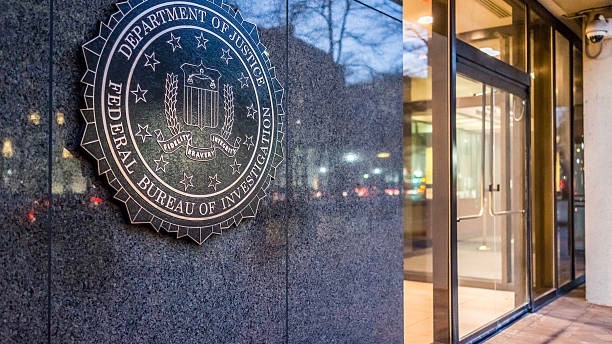Recently revealed documents from one of the most secretive courts in the United States showed that the Federal Bureau of Investigation (FBI) was guilty of multiple violations of privacy during surveillance. The redacted documents declassified from the Foreign Intelligence Surveillance Court (FISC or the FISA Court) were released on Monday, April 26 by the Office of the Director of National Intelligence (ODNI), revealing that the FBI has repeatedly conducted warrantless surveillance on US citizens.
The document is a certification report by the FISC dating back to November 2020. The FISC was established under the Foreign Intelligence Surveillance Act of 1978 to oversee surveillance programs of US intelligence agencies. The report details that between 2019 and 2020, the FBI ran multiple “batch queries”.
Batch queries are often deemed as “backdoor searches” to comb through a trove of personal foreign communications collected by the National Security Agency (NSA), violating existing norms and standards.
Despite finding “apparent widespread violations of the querying standard” and expressing concerns, the court bench presided by judge James Boasberg certified the surveillance program and allowed it to continue without even an audit of the FBI’s system changes and training to correct these violations.
This is not the first time that the FISC found the FBI violating standard procedure for queries and searches. In 2018, the court had warned the FBI that its conduct was potentially illegal and against the spirit of privacy protections granted by the constitution.
The release of the documents comes at a time when a petition has been filed in the US Supreme Court by the American Civil Liberties Union (ACLU) asking for intervention in the decisions made by the FISC. “The FISC’s role was originally narrow,” the ACLU’s petition states, “but today, as a result of legislative changes and new technology, the court evaluates broad programs of surveillance that can have profound implications for Americans’ privacy, expressive, and associational rights.” The lawsuit filed last week by ACLU also demanded release of recent decisions by the court, which was later rejected.
The released report points to a great deal of power abuses by the FBI through surveillance. A large number of these batch queries made to the NSA are done under Section 702 of FISA, which allows for backdoor searches in cases of domestic terrorism, fraud and corruption cases, among other things, and “background checks” on individuals.
According to Just Security, not only have measures to address the misuse of queries failed to make any difference, but individual queries have been significantly undercounted. “Last year’s report, released in April 2020, states there were six instances of FBI law enforcement queries yielding Section 702 data in 2018, and just one instance in 2019,” the report said.
“This is simply incompatible with the FISA Court’s description of dozens of such queries from the past year, and seems to drastically misrepresent how common the phenomenon of Section 702-acquired information flowing into law enforcement queries can be.”
Even in cases where federal agencies seek warrants for search and surveillance, the FISC rarely refuses those requests. A 2013 report by Wall Street Journal found that between 1979 and 2013, the FISC passed 99.97% of the nearly 33,000 search requests by intelligence agencies, with only 11 requests being declined. While the number of declined requests marginally increased to 34 in 2017, it is still barely noticeable among the over 1,375 requests filed.





